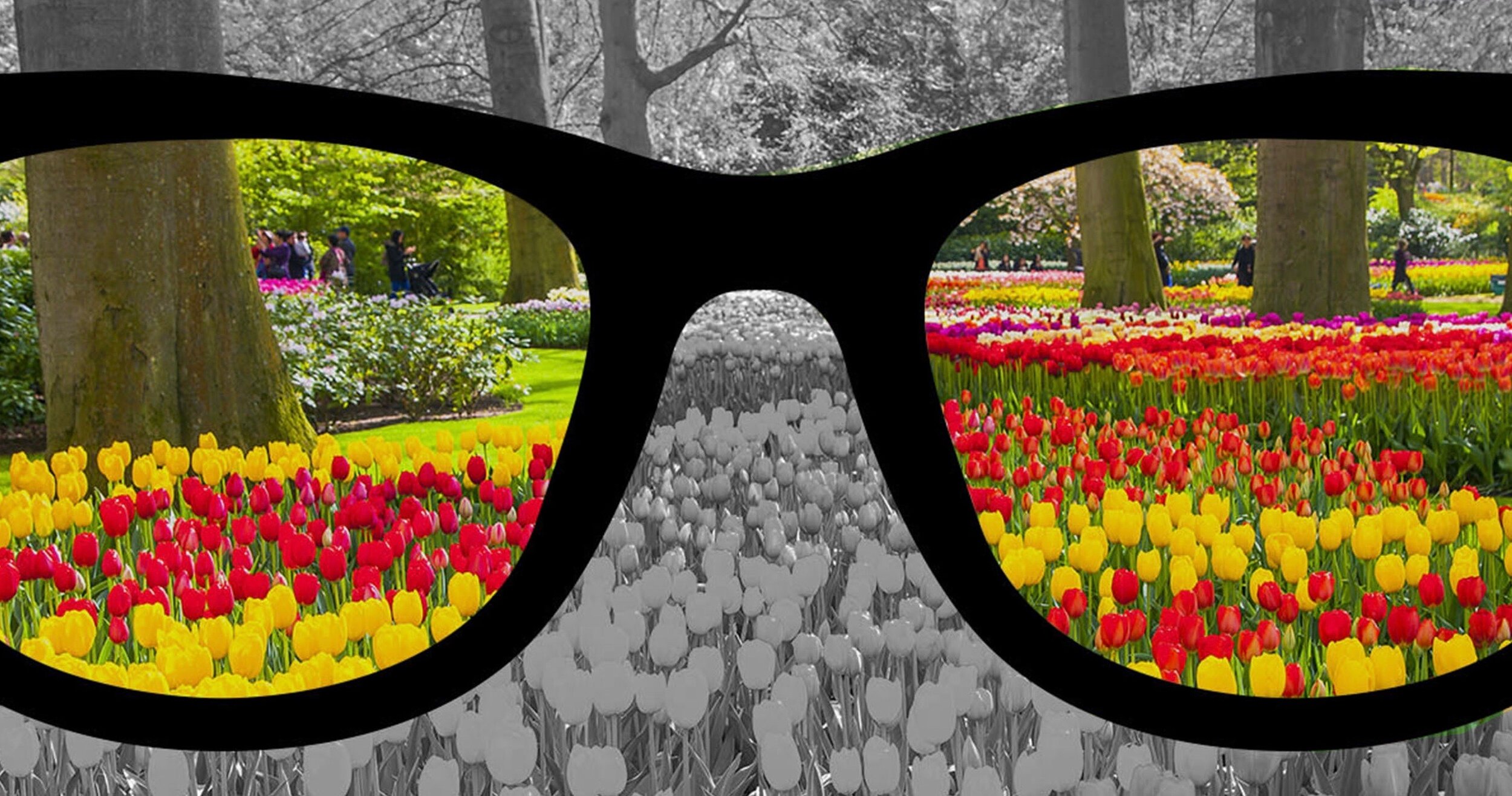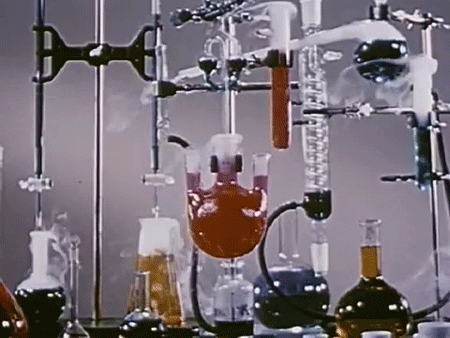THE INFLUENCE OF CANNABIS ON JAZZ

Jazz on Cannabis: A brief History
from Marijuana and Music: A Speculative Exploration by Peter Webster
From the 1920s to the 1940s, the very period in which improvisation in jazz was becoming the central creative aspect of the music, jazz musicians almost universally enjoyed cannabis, and we have many personal attestations and historical documents to prove the case.
One particularly rollicking book about the epoch, and the wild times and great music that resulted, is Mezz Mezzrow’s Really the Blues, and Mezz was himself not only a great jazzman, but famous for the excellent quality marijuana of which he seemed always to have a large supply (Mezzrow & Wolfe 1946)! A reading of personal reflections about the use of marijuana by jazzmen of the time indicates that the herb was often used as a stimulus to creativity, at least for practice sessions, many such as Louis Armstrong praising its effects highly.
The widespread use of cannabis by jazz musicians of the time is even revealed by the campaign of Harry Anslinger and his Bureau of Narcotics to demonize marijuana. At one point he issued a directive to all his field agents, as related in the following story from a speech by Charles Whitebread, Professor of Law, USC Law School (Whitebread 1995):
Pilgrim Soul is the first cannabis brand created to enhance creative performance. For more information, visit pilgrimsoulcannabis.com.
After national marijuana prohibition was passed, Commissioner Anslinger found out, or got reports, that certain people were violating the national marijuana prohibition and using marijuana Peter Webster 103 and, unfortunately for them, they fell into an identifiable occupational group. Who were flouting the marijuana prohibition? Jazz musicians. And so, in 1947, Commissioner Anslinger sent out a letter, I quote it verbatim, ‘Dear Agent So-and-so, Please prepare all cases in your jurisdiction involving musicians in violation of the marijuana laws. We will have a great national round-up arrest of all such persons on a single day. I will let you know what day.’
Is it possible to attribute some causative connection between the cognitive effects of cannabis of which we are now becoming scientifically aware and the development of creative jazz forms of the 1930s and 1940s?
To return to my previous question, if high on marijuana does a performing musician ‘‘lose track’’ of the composition he is playing much as one might lose track of the thread of a conversation? Did cannabis consciousness thus play a role in bringing improvisation to the fore? In fact, experienced cannabis users who are well aware of the ‘‘short-term memory effect’’ become quite adept at counteracting it. In all probability extensive practice with cannabis consciousness allows the user to not only counteract such effects, but use them in positive ways. A temporary and momentary ‘‘forgetting’’ of the limiting structures of either an ongoing conversation, or of a musical piece, when such an effect has been practiced might well be just the right influence to bring improvisation to the fore, both in music and conversation or writing. It is my view, therefore, that the cumulative and long-term practiced use of cannabis by virtuosi jazz musicians was a certain and positive factor in the evolution of the music.
It would of course be silly to say that jazz musicians of the period were literally forgetting what tune they were playing, and through such constant forgetfulness arose a great musical innovation! But as with the practiced user of cannabis who learns to counteract the short-term memory effect and use it to advantage, I would more realistically propose that a similar thing was happening collectively and incrementally within the fairly small community of jazz musicians of the time, a community more like a family than a world-wide diversity of people and schools as it has become today. The jazz community of the time constantly practiced together, brainstormed together, performed together, and smoked marijuana together.
As a cumulative effect, the practiced use of cannabis provides a cognitive training that assists and accentuates the improvisational, creative frame of mind much as other kinds of study or training shape abilities and perfect talents. It is not that cannabis consciousness itself ‘‘produces’’ ideas that are creative, or that valuable ideas come during the experience or because of it, but that cumulatively, over time, the kind of perception and thinking initiated by cannabis leads one to be generally more open to alternative and perhaps adventurous ways of seeing things which enrich normal consciousness.
Normal consciousness, as we all admit, is limited in often involuntary, invisible ways by our times, customs, prejudices, by the necessary ignorance we must cultivate to cope with modern life. Cannabis very probably contributed to, or was used as a tool to facilitate the jazz revolution in music, and might be similarly used to facilitate important advances in any other area of human interest where creativity and adventurous thinking are important. The understanding of human consciousness and the nature of altered states of consciousness come immediately to mind. And as for literally forgetting what piece one is playing, biographies of great musicians often tell of experiences when they were required to bluff it through with some extemporaneous inventions.
The great French jazz pianist Martial Solal tells of such a concert he gave in his youth, it was to qualify for an important prize and at the climax of the classical piece he was playing his mind went blank, but his forced improvisation was so good that the judges didn’t even detect his bluff! It was at that point, he says, that he decided that jazz rather than classical music was to be his future. So perhaps jazz musicians literally did often encounter some short term memory effects, and had often to ‘‘bluff’’ it. With virtuoso musicians, such bluffing is unlikely to fall into something less than proficiency, and from what experienced users of cannabis all say, the ‘‘bluffing’’ seems to result in an unprecedented creativity: In a sort of Zen manner, what comes out of the virtuoso when he abandons his calculated intentions and practiced routines is not nonsense but often his finest creation!
If a mere plant can assist the forgetfulness which is the germ of spontaneous creativity, many of the greatest minds of our time surely are missing the beat by rejecting not only its use but by assisting to prevent others from doing so. They thus prove once again that even genius is capable of the narrowness thought characteristic of the uneducated.








